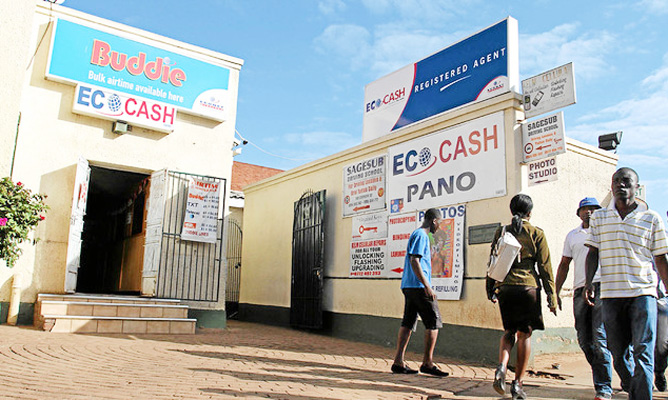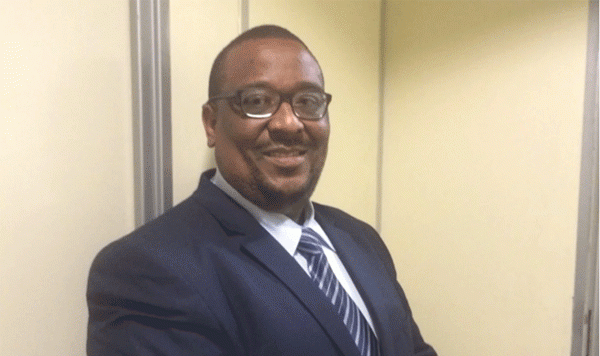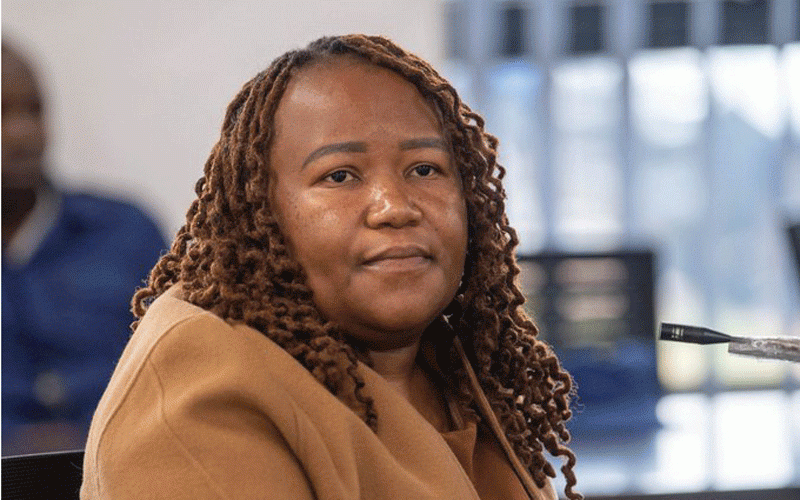
• ‘How safe are my funds on the platform?’ • Who owns the money in circulation?
A fear that some people have about EcoCash – or any mobile money platform for that matter is: What happens to my money if the platform was to completely collapse?
That of course is very, very unlikely. But some legitimately fear losing their money the same way depositors of collapsed banks lost their hard-earned cash in the past. And it took years after some banks collapsed, before depositors could be compensated by the Depositors Protection Corporation. And even then, to this day some depositors are still yet to be compensated.
So, the fear by some of losing their money is not unfounded. They want to know if this could happen to EcoCash.
But first things first: Ecocash is in fact NOT a bank!
Yes, EcoCash is not a bank. It is rather a platform that is used to move money to and from different users for different purposes – be it to send money to a friend or a relative, to settle a bill or to pay for goods and services.
The EcoCash platform consists of agents and bulkpayers who deposit money into trust accounts. When an EcoCash customer cashes in money at an EcoCash agent, the agent must have deposited an equivalent amount as his float into the trust account. So, every value of funds that is moved on the EcoCash platform has a matching amount deposited in a trust account.
To spread risk, the EcoCash trust accounts are held at four different banks.
- Chamisa under fire over US$120K donation
- Mavhunga puts DeMbare into Chibuku quarterfinals
- Pension funds bet on Cabora Bassa oilfields
- Councils defy govt fire tender directive
Keep Reading
According to Statutory Instrument 65A of 2020 a “mobile banking trust account” means an account with a banking institution in which a pool of deposits is held on behalf of customers of a mobile money service provider, such as EcoCash.
So, every ‘value’ transacted an EcoCash is backed up by funds in a Trust Account.
This is why the Minister of Finance and Economic Development Mthuli Ncube recently announced that interest would be paid on deposits sitting in “mobile banking trust accounts”.
Ecocash has four of these trust accounts sitting with four unrelated banks – CBZ, Stanbic Bank, Steward Bank and EcoBank.
This means an EcoCash user’s money is safe in the very unlikely event that the platform collapses. It would therefore literally take the collapse of the entire banking sector for EcoCash users to lose their hard-earned cash!
Another myth that has been associated with EcoCash and mobile money is that the company that operates the platform “owns” all the money circulating on platform, and so is incredibly cash rich!
Well, EcoCash would sure love to be cash rich. But that too is not true!
The truth is that the money circulating on the EcoCash platform belongs to customers and agents, not to EcoCash the company. EcoCash only makes money from the transaction fees it levies for use of the EcoCash platform.
In a way, EcoCash built a digital financial road network. The cars, buses and trucks that use the road belong to their owners, the users of EcoCash, not to the company that build the road network.
Like they do to road authorities, vehicle owners simply pay a fee, or toll, for use of the roads, but they do not surrender their vehicles to the vehicle authorities.
Similarly, EcoCash simply owns and maintains the digital financial services platform that it built for customers and agents use to transact and move their funds. It does not own the funds.
END/










